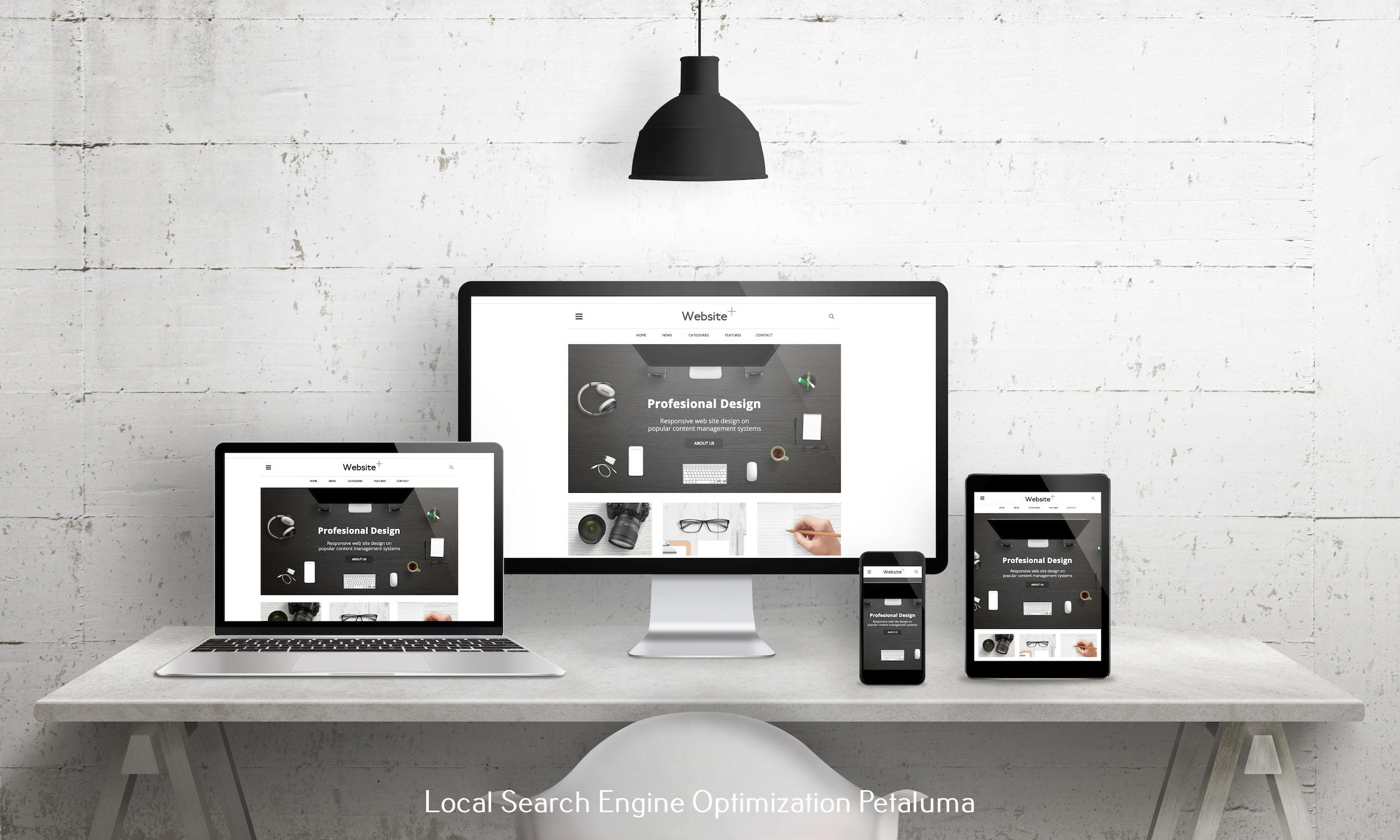We all know that social media scheduling is an important part of any marketing strategy, but too often we don’t approach it with the same level of thought and attention as other aspects of our digital presence.
The truth is, creating a good social media scheduling strategy requires planning and forethought. It’s not something you can just wing – you need to have an understanding of what kind of content you want to produce, when it should be released, and how it should be distributed across your channels.
In this article, we’ll look at some key steps for creating an effective social media scheduling strategy that will help your business get the most out of its digital presence.
Set Clear Goals
The first step in any successful marketing plan is setting clear goals. You need to know what you hope to achieve with your social media activity before you can create a plan for getting there – are you primarily looking to increase website traffic? Generate leads? Increase brand awareness? Or something else entirely?
Once you have a clear set of goals in mind, you can start mapping out how your content should contribute towards achieving them. This will help guide the rest of your planning process and ensure everything works towards achieving those objectives.
Create Quality Content
Quality content has always been important for engaging online audiences – if users don’t enjoy what they see on their feeds they won’t stick around long enough to act on it or share it with their own networks. That means spending time crafting thoughtful posts that are tailored towards specific channels and audiences in order to draw them in (and keep them there).
Whether you create content yourself or work with external partners like RAD Web Marketing who specialize in digital content creation, make sure it stands out from the crowd and encourages people to take action (like signing up for a newsletter or visiting a page). Quality content will also help build trust with customers so they feel comfortable engaging with or buying from your brand.
Plan Ahead & Set Deadlines
Once you have created quality content for each channel, make sure each piece has a deadline attached so everyone knows when they should expect things ‘go live’ on each platform (or even better automated using tools like Hootsuite). This way no one misses any deadlines and everyone is aware when new posts need approving/signing off on before going live. Setting regular deadlines also helps keep things running smoothly by avoiding last minute rushes – if everyone knows when things are due then there shouldn’t be any surprises down the line!
Leverage Automation Tools
Automation tools such as Hootsuite let users schedule tweets, Facebook posts etc up to months in advance – this can save a huge amount of time (and money) compared to manual posting which would require someone manually checking feeds every day/week/month etc. Automation tools also allow businesses to set up ‘recurring posts’ where new pieces are posted at regular intervals without having someone manually post each time – this ensures consistency across all platforms while freeing up resources for other tasks!
Analyze Performance & Adjust Accordingly
Finally once everything is set up and running properly don't forget about analyzing performance regularly – use analytics tools such as Google Analytics or Facebook Insights which provide valuable insights into how well your campaigns are performing and where improvements could be made. This data will help inform future decisions about what kind of content works best for each platform – enabling businesses' optimize their strategies accordingly over time!
Creating an effective social media scheduling strategy takes some thought but following these tips can go along way towards ensuring success: setting clear goals; creating quality content; planning ahead & setting deadlines; leveraging automation tools; analyzing performance & adjusting accordingly – by doing so businesses can ensure their efforts reach maximum impact while increasing brand awareness & generating leads/sales!






































0 Comments